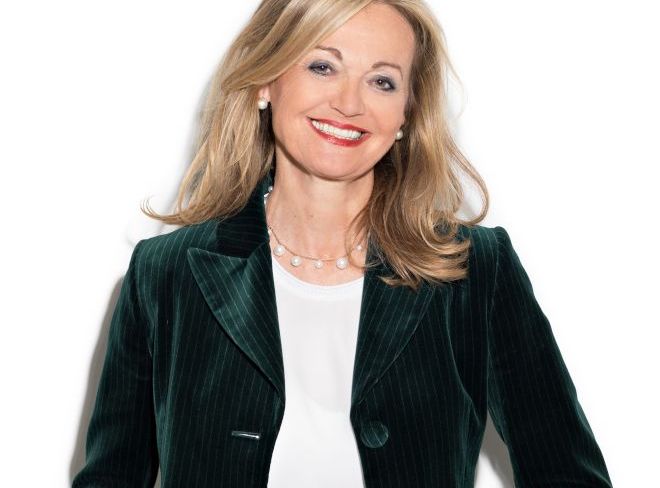According to UBS, real estate prices are likely to continue to rise in 2022, albeit less sharply than in 2021. The risk of a price collapse remains manageable, the bank writes in its online magazine.
Continued high demand for residential property
Demand for residential property remained very high in 2021, while supply remained tight. In combination with attractive financing conditions and the likely continuing trend towards home offices, this led to a 6 per cent increase in property prices in the third quarter of 2021 compared to the previous year. This was the strongest increase since 2013.
UBS goes on to write: «With the key economic indicators for 2022 pointing to green, the risk of a major price slump in Switzerland remains manageable, even if more warning signals are being felt. A further, albeit less pronounced, price increase is expected for 2022: 3 percent for single-family houses, 2 percent for owner-occupied apartments, and 4 percent for vacation homes and luxury properties.
Changing preferences in the population, such as the trend toward working from home, have caused more people to leave cities and move to the countryside, for example to the Rhine Valley or the Lake Constance region. Home offices generally require more space, which is only available at a reasonable price outside city centers. This trend has also made vacation homes more attractive as an additional workplace in the mountains.»
However, the feared decline in the population of the city of Zurich has not materialised. Although locals have left the city, the pull of the city on immigrants and expats has more than compensated for this development. As a result, the forecasts of Statistik Stadt Zürich from November 2021 showed uninterrupted growth, parallel to the development of residential construction activity.
Key interest rates remain stable
UBS also expects the Swiss National Bank’s key interest rate in all likelihood to remain negative in 2022, which means that long-term interest rates will hardly move either. In 2021, increased global demand and subsequent supply bottlenecks have led to an increase in inflation in Switzerland to 0.6 per cent, while 1 per cent is forecast for this year.
The bank further writes: «When it comes to financing residential property, including mortgage renewals, this means for one thing that the money market mortgage, i.e., the mortgage based on the SARON, will remain at a very favorable level. Moderate inflation is exerting slight pressure on the interest rates of fixed-rate mortgages. The additional cost of a long-term fixed-rate mortgage compared with a variable money market mortgage is therefore likely to rise slightly in the coming months. On average over many years, however, the cost of a fixed-rate mortgage remains low.”


